Small island states punch above their weight at UN Human Rights Council

For small island states with small diplomatic teams in Geneva, participating in the United Nations Human Rights Council is a challenge. But without their contribution, climate change would not be as high on the UN body’s agenda.
“I came here to nothing. I had no office, no bank account, no residence, no staff and no car. I didn’t know anyone,” says Doreen DeBrum, the Marshall Islands’ ambassador to the United Nations in Geneva. In 2019 DeBrum left her country – a group of islands in the Pacific Ocean, home to some 42,000 people – to set up a diplomatic mission in Switzerland’s second-largest city, more than 13,000 kilometres away.
“Our top priorities were climate change and our nuclear legacy,” says DeBrum, whose goal was to get the Marshall Islands a seat on the UN Human Rights Council – a 47-member body that examines human rights issues in countries around the world.
In theory, any of the UN’s 193 member states can run for election to the council. Once there, each country gets one vote. But in practice, it is much harder for smaller and poorer states to get their foot in the door. They must face the cost of running a mission in notoriously expensive Geneva. Once their foot is through the door, keeping up with the council’s tight agenda with limited staff is also challenging, and they must sometimes face pushback from bigger countries.
Today, over a third of the 39 so-called Small Island Developing States (SIDS) do not have a permanent representation in Geneva. Yet the UN rights body is an important venue where they can get the international community to focus on how climate change threatens their very existence.

Although Human Rights Council decisions are not legally binding, countries face pressure to take them into account. They also give more weight to human rights defenders.
“If these countries have no voice, if a third of them can’t be here right now; it means that the decisions that are being made aren’t truly ‘one country, one vote’, because you’re excluding a certain group,” says Eric Richardson, director of INHR, a Geneva-based NGO that helps SIDS and Least Developed Countries (LDCs) engage with the Human Rights Council. “It does mean that certain views probably get underrepresented and that’s too bad,” he adds.
Climate change on the agenda
“Our voice is just as important as the others,” says DeBrum. Four years after her arrival in Geneva, the Marshall Islands’ ambassador has already completed a successful two-year term on the Human Rights Council and is now leading a team that has grown to include one other diplomat, an administrative assistant and a couple of interns.
“It is important that we bring our voices into the council; our challenges, our priorities and our needs,” she adds.
It is in part due to the pioneering advocacy work of small island states such as the Maldives that climate change has in recent years become a recurrent topic of discussion at the Human Rights Council.
“As a low-lying island nation, the Maldives will be among the first to face the disproportionate effects of climate change,” says Asim Ahmed, ambassador of the Maldives in Geneva.
In 2008, the tiny archipelago state, together with a group of other countries, initiated the first-ever debate in the council on how climate change threatens the lives of people who face its consequences.
“This link had never been debated in such a detailed manner before that. We brought attention to this issue,” Ahmed says. “Since then, we have continued to use the council as a platform to raise awareness about the interlinkages between human rights and the environment.”
These efforts culminated in 2021, when the Human Rights Council passed a resolution led by the Maldives and supported, among others, by Switzerland to recognise the “right to a clean, healthy and sustainable environment”.
That same year, the Marshall Islands led a resolution to appoint a special rapporteur on climate change – an independent expert who reports on the impact of global warming on human rights. In 2022 the Pacific island state successfully pushed a resolution seeking assistance from the UN rights body to address the health and environmental impact of its nuclear legacy. The United States conducted nuclear weapons tests in the country during the 1940s and 1950s.
Small is not beautiful
But pushing these ground-breaking initiatives was thwart with challenges. The United Kingdom and China, among others, were reluctant to recognise the right to a clean environment, citing legal concerns and an ambiguous definition. Russia voted against the appointment of a special rapporteur on climate change. The Marshall Islands’ nuclear legacy resolution, which was written in non-accusatory language and did not name the United States, was initially opposed by Washington.
The increasingly long sessions of the council – as new topics such as climate change but also sexual orientation, gender identity and artificial intelligence arise and are added to the agenda – are an added hurdle for small states. Its three annual sessions typically last four to five weeks. But for the first time earlier this year, the council’s programme spilled into a sixth week, with 43 resolutions considered.
>>> watch our video explainer to understand how the Human Rights Council works:
One ambassador, 40 resolutions
“Small delegations have to do more with the same staff and the same budget,” says Ahmed. With a team of five diplomats, the Maldives’ mission engages in multilateral diplomacy at the UN and in other Geneva-based organisations. But it is also responsible for the country’s bilateral relations with Switzerland, Austria, Italy, Morocco and Turkey.
“If you don’t have a mission here or if you have only one ambassador, you won’t be able to cover 40 resolutions, that’s for sure. But I think the solution shouldn’t be that we have fewer issues at the council,” says INHR’s Richardson. According to him, it would be preferable to address how often certain resolutions are considered – some of them come up almost the same on a yearly basis. Reforms looking to make the Human Rights Council more efficient are currently being discussed.
“You have to prioritise areas in which you want to engage. Otherwise, you spread yourself too thin and you are not able to engage substantively in any area,” suggests Ahmed.
DeBrum attributes her country’s success at the council to the fact that it worked “as a group” with other small island states and “spoke from the heart”. The Pacific islands of Australia, Fiji, Nauru, New Zealand, Samoa and Vanuatu all backed the Marshall Islands’ resolution.
“We have to stay together if we want to be able to amplify our voices in a forum of big countries,” she adds.
Edited by Virginie Mangin
Small island states wishing to establish a presence in Geneva can seek assistance from the International Geneva Welcome Center (CAGI) – an initiative of the Swiss government and the canton of Geneva that offers administrative and financial support. Non-governmental organisations, such as INHR can provide additional help.
Meanwhile eligible countries that do not have a permanent representation in Switzerland and wish to attend sessions of the Human Rights Council can get support from the UN LDCs and SIDS Trust Fund.

In compliance with the JTI standards
More: SWI swissinfo.ch certified by the Journalism Trust Initiative




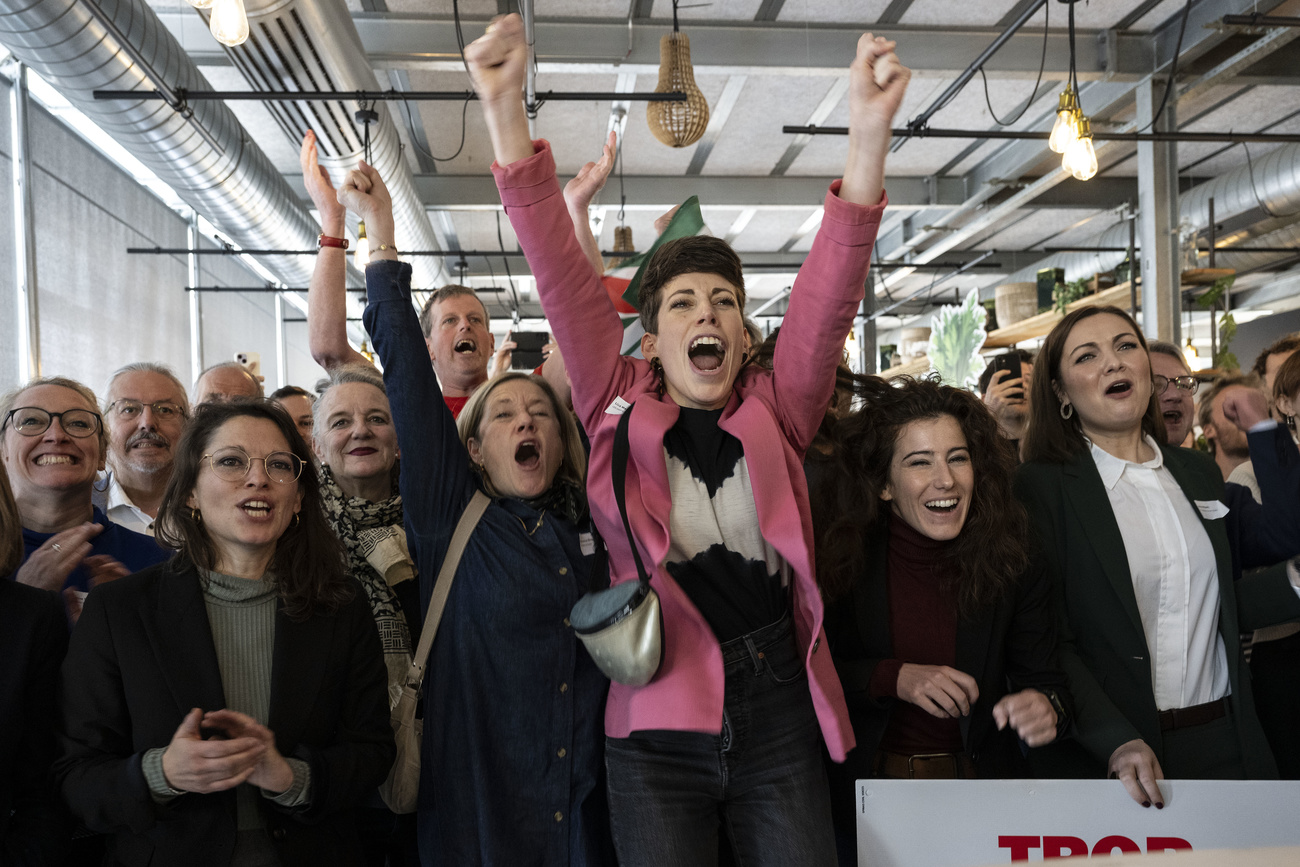






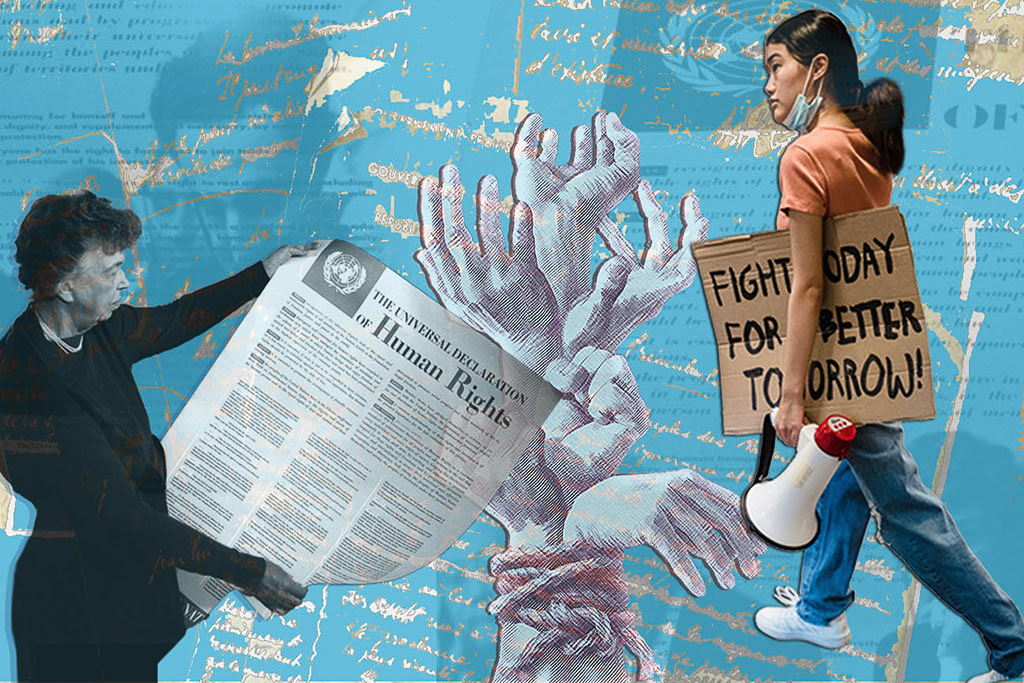
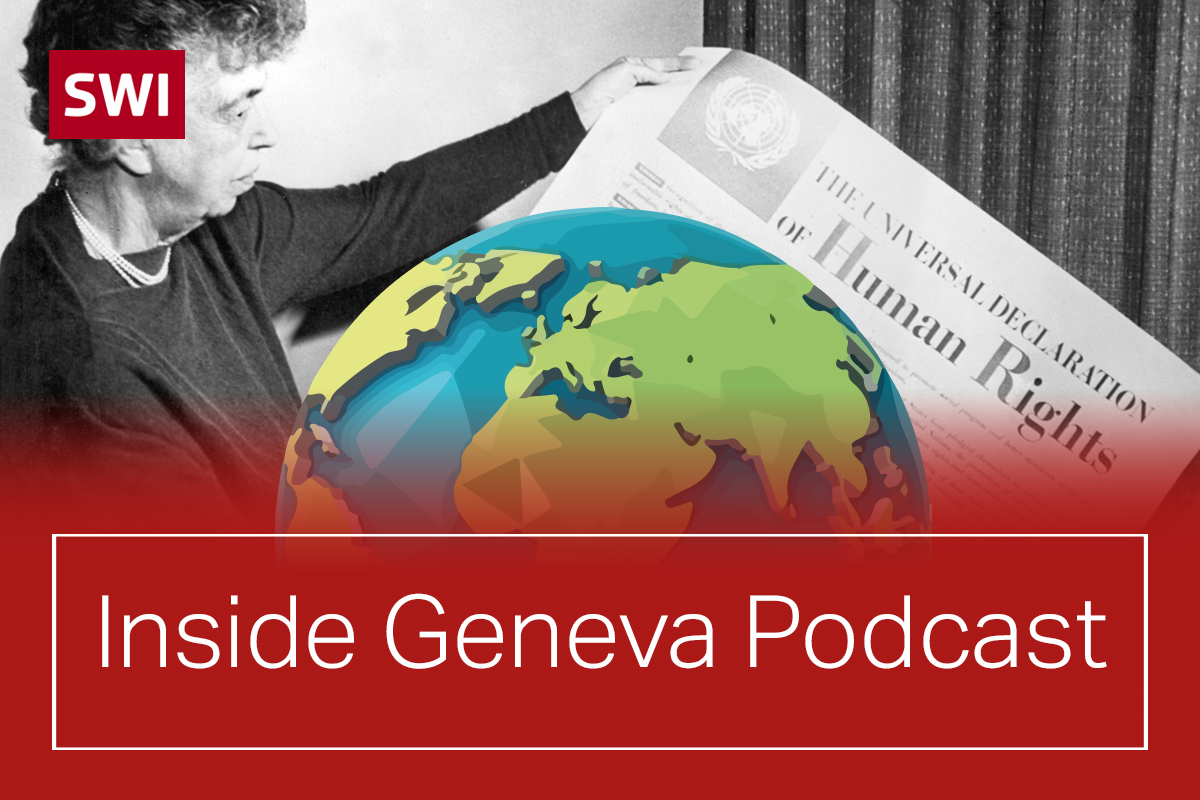
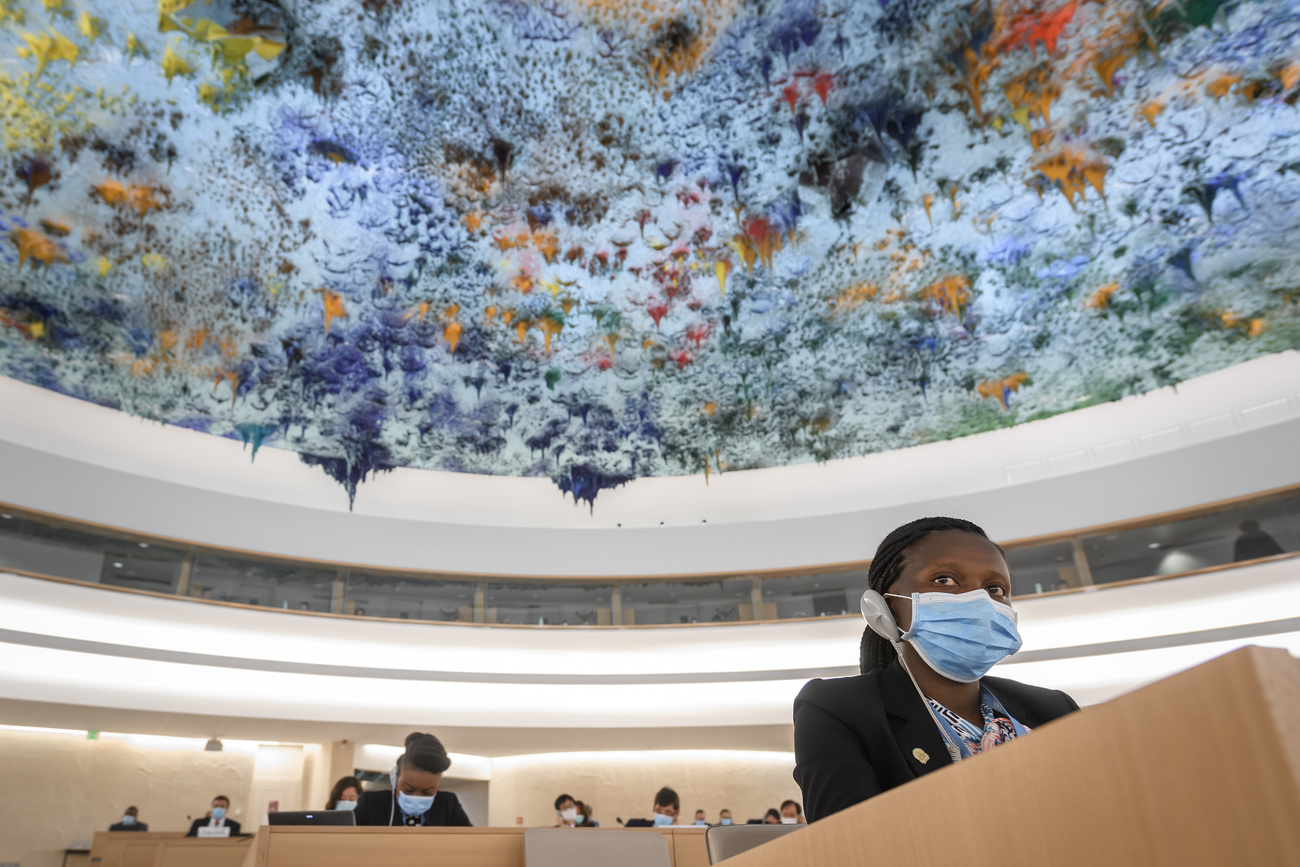
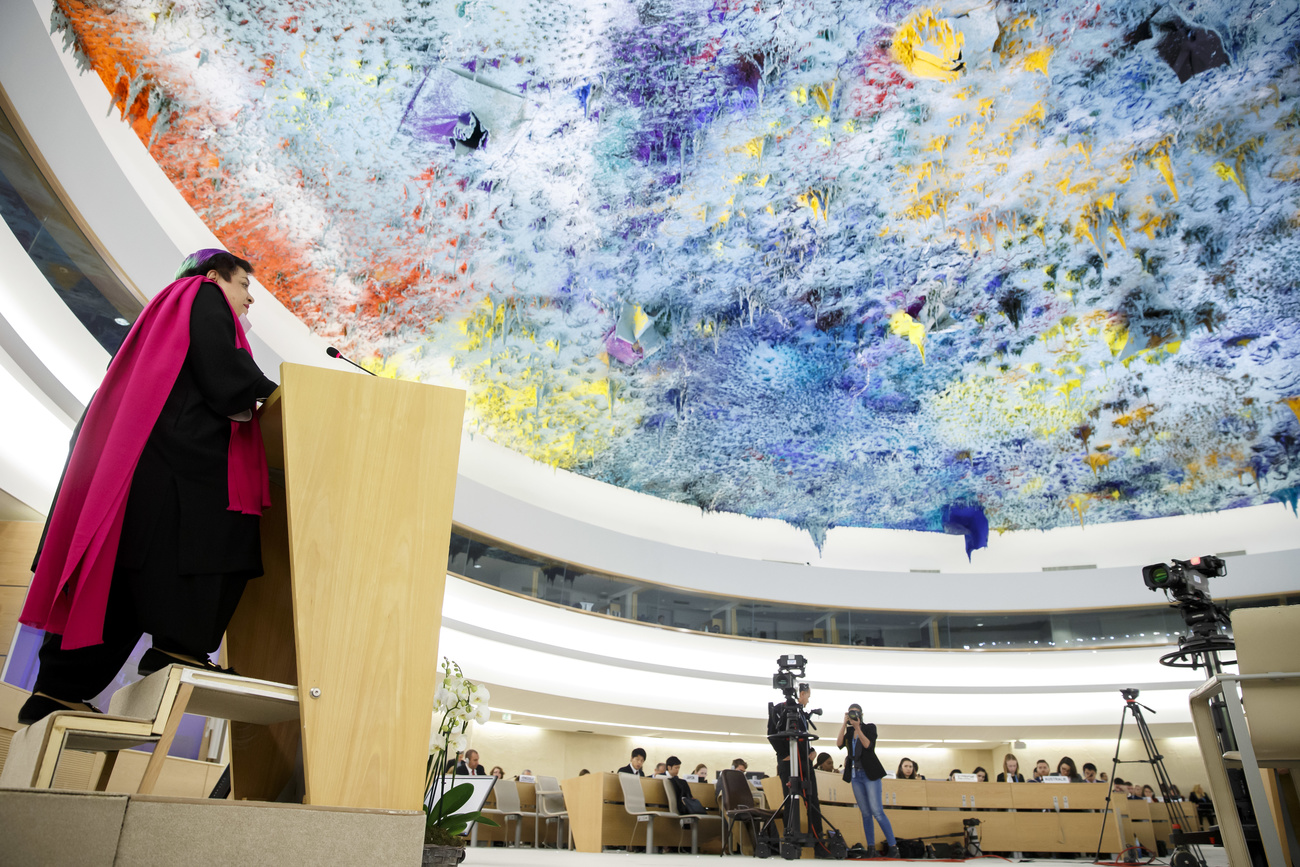
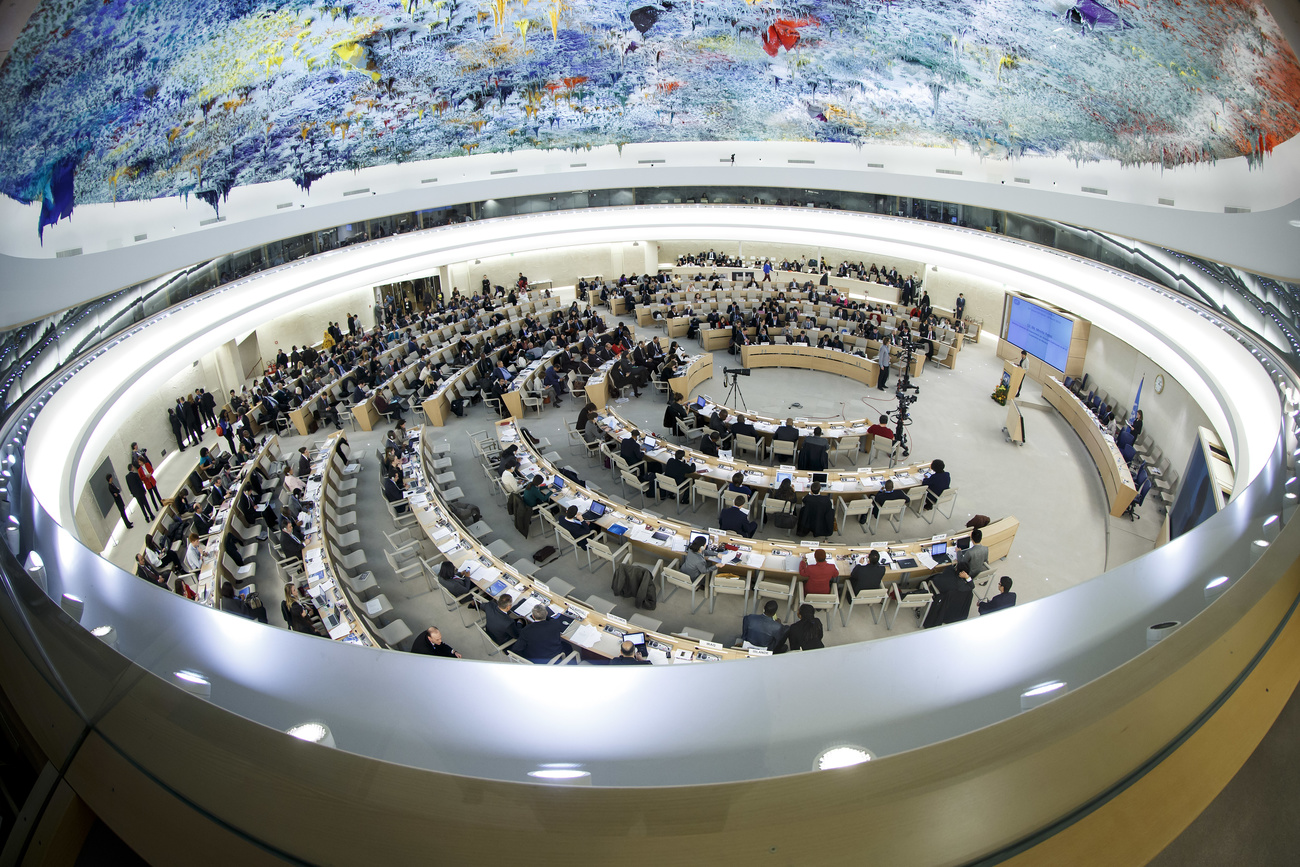
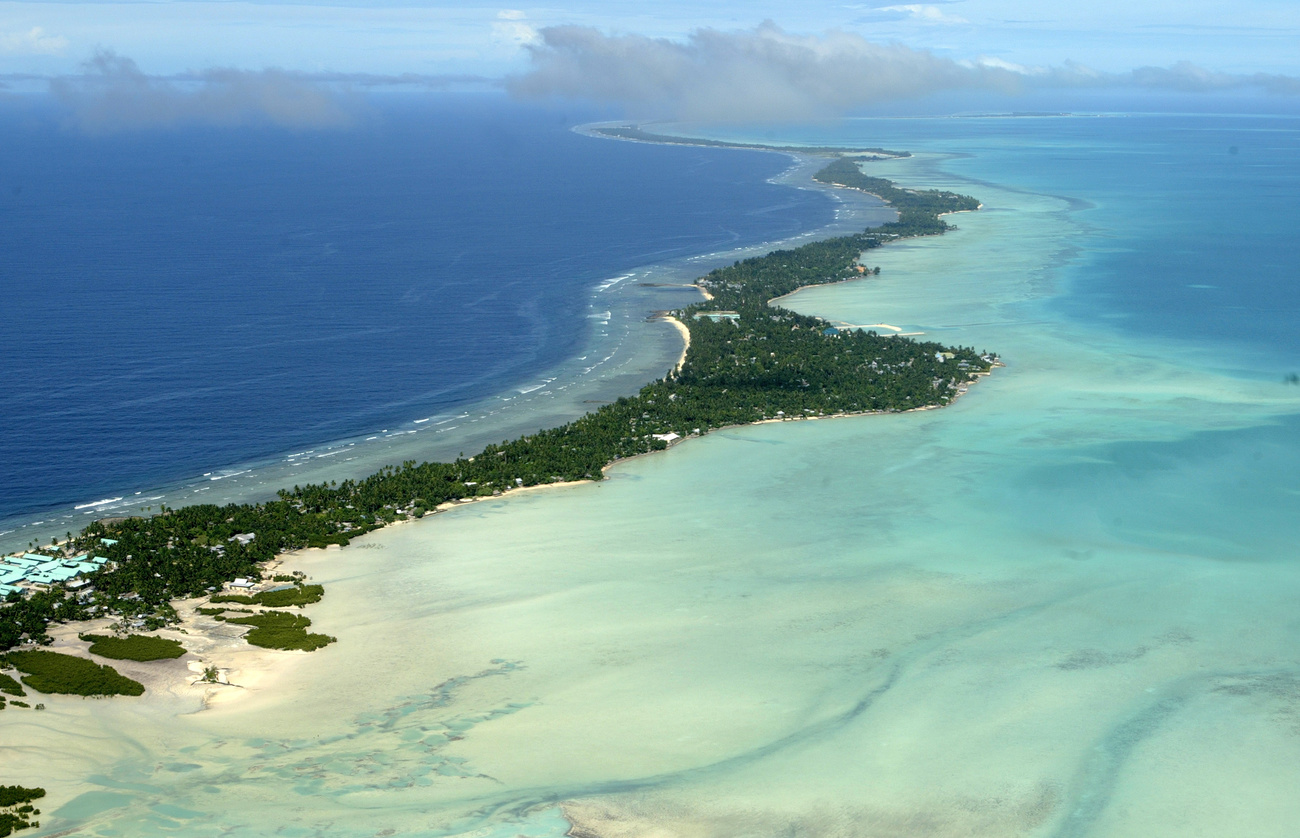
You can find an overview of ongoing debates with our journalists here . Please join us!
If you want to start a conversation about a topic raised in this article or want to report factual errors, email us at english@swissinfo.ch.